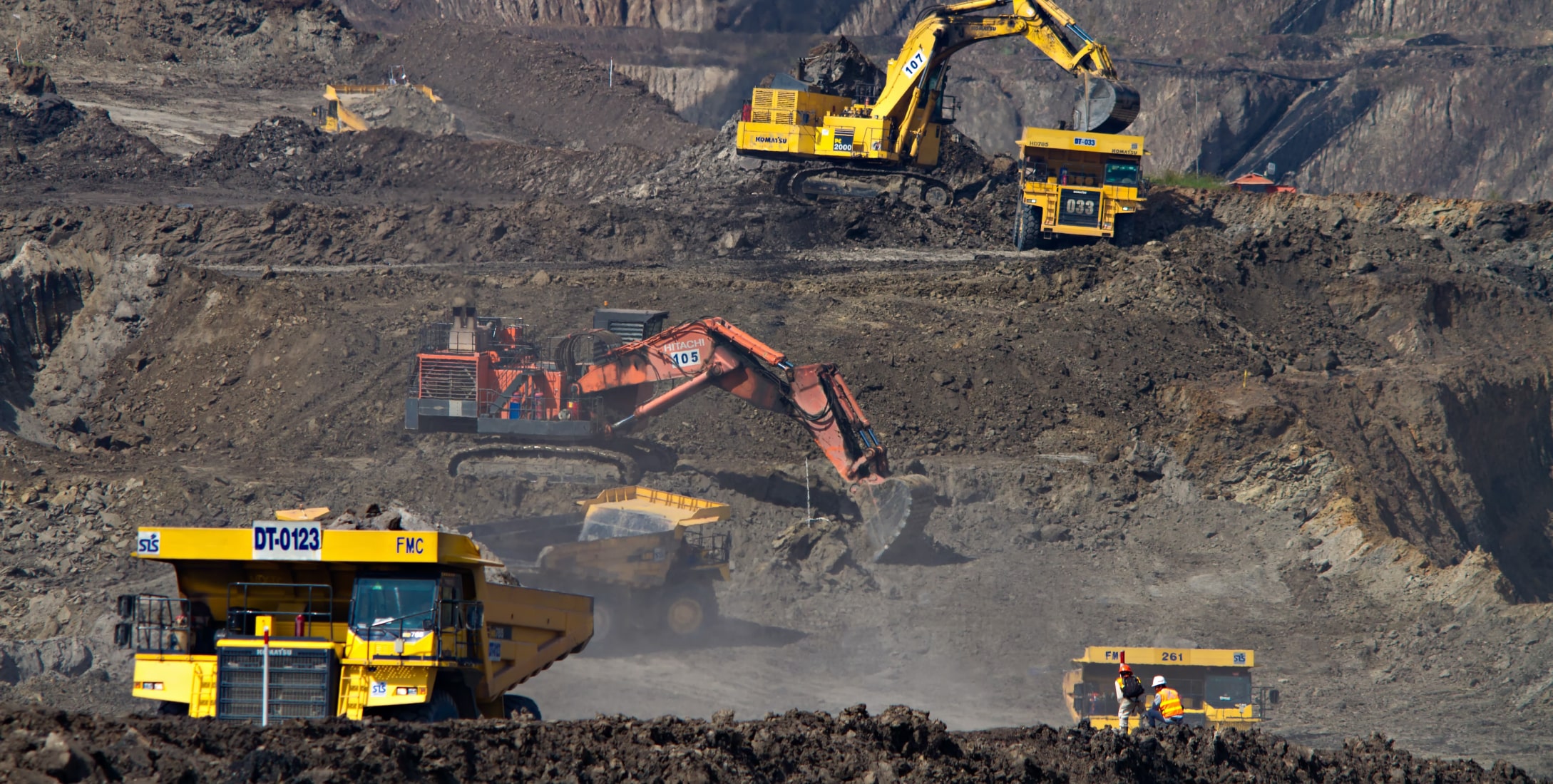最新記事&分析
Banks injected USD 37.7 billion in mining companies at risk of causing forest destruction and human rights violations

Forests & Finance Coalition, Walhi and MAM launched a preliminary dataset revealing the financial flows to several forest-risk mining companies that operate in the world’s three largest tropical forest basins. Banks from the United States, Japan and Canada are among the largest financiers of mining companies in the tropics
Since 2016, banks have provided USD 37.7 billion in credit to 24 small to large mining companies at risk of causing forest destruction, water contamination and human rights violations across three tropical regions. The top 5 financiers are Citigroup, BNP Paribas, SMBC Group, MUFG and Standard Chartered. Of all credit provided in this period, 43% went to companies in Southeast Asia (USD 16.1 billion), while Central & West Africa and Latin America both received USD 10.8 billion according to the new dataset launched today by the international coalition Forests & Finance, by the Indonesian NGO Walhi and the Brazilian Movement of Popular Sovereignty in Mining – MAM.
This new dataset follows the launch of the Complicity in Destruction IV Report, [1] by Association of Indigenous Peoples of Brazil (APIB) and Forests & Finance Coalition member Amazon Watch, which shows how mining companies and international investors are driving Indigenous rights violations and threatening the future of the Amazon ecosystem.
As of the end of January 2022, investors held USD 61 billion in shares and bonds issued by the 24 mining companies. More than half of this amount (55%) was invested in operations in Latin America, 26% in Southeast Asia and 19% in Central and West Africa. The top 5 largest investors are Capital Group, BlackRock, Vanguard, Previ and Bradesco.
“A compilation of data of this size only reinforces the purpose of our daily struggle in the territories. It is necessary for society to know who is behind the onslaught of mineral capital in our country. Above all, society must have access to investment data, to understand who financializes this activity, taking it to an uncontrollable level and generating ‘ore-dependency’. It is an enclave economy that distorts territories, destroys regional economies and forcibly imposes new environmental legislation, corrupting the Brazilian Parliament and generating a climate and environmental crisis, says Charles Trocate, from the National Board of the Movement for Popular Sovereignty in Mineração, MAM, adding: “It is a free-for-all, carried out by the mining sector, in favor of shareholders and against nature”.
Industrial mining activities cause major socio-environmental impacts globally. The sector is a significant driver of deforestation in tropical regions,[2] it contaminates rivers and often leaves a trail of disasters and human rights violations in its wake. Examples of this are companies like Vale, one of the largest mining companies in the world, is headquartered in Brazil, where it accumulates conflicts with Indigenous peoples and traditional communities in the Amazon, and across the country. It has also been involved in two of Brazil’s largest mining accidents: the rupture of the dams of Mariana and Brumadinho, which killed hundreds, flooded a village and contaminated the Rio Doce.
“There must be a general understanding that rainforest areas should not be available for mineral exploration because of their importance in combating climate change and guaranteeing life on the planet. The same goes for Indigenous lands, traditional territories and conservation units. This understanding must come from the government, but also from the companies and from the financial corporations that invest in them,” adds Ana Paula Vargas, Brazil program director at Amazon Watch.
Freeport McMoRan operates one of the world’s largest gold and copper mines in Papua, Indonesia, where it has caused widespread contamination of natural water systems.[3] The company has also been criticized for fuelling armed conflicts in the Mimika Regency, resulting in large-scale environmental degradation and multiple human rights violations.[4]
In the DRC, Glencore operates the largest cobalt-producing mine in the world. Recent reports reveal poor working conditions at the mine [5] and highlight a history of polluting the surrounding air and the soil. Its due diligence processes on human rights and the environment were found to be incomplete.[6]
“We are publishing this dataset to increase the transparency about which financial institutions are supporting mining companies that can cause social and environmental impacts. It’s a tool for civil society to hold financiers and investors accountable for the impacts they finance,” said Merel van der Mark, coordinator of the Forests & Finance Coalition.
The open source and searchable dataset is available on the Forests & Finance website,[7] which already contains a comprehensive dataset about financial flows to forest-risk soft commodity companies, with operations in tropical forest regions.
Forests & Finance is an initiative by a coalition of campaign and research organisations including Rainforest Action Network, TuK Indonesia, Profundo, Amazon Watch, Repórter Brasil, BankTrack, Sahabat Alam Malaysia and Friends of the Earth US.
Read more about the key findings.
****
Notes:
[1] APIB et Amazon Watch, Complicity in Destruction IV: How mining companies and international investors drive indigenous rights violations and threaten the future of the Amazon. En ligne (en anglais) : https://complicityindestruction.org/vale
[2] Maddox, T. et coll. Forest-Smart Mining: Identifying Factors Associated with the Impacts of Large-Scale Mining on Forests, Banque mondiale. En ligne (en anglais) : https://openknowledge.worldbank.org/handle/10986/32025
[3] Mongabay, « With its $3.85b mine takeover, Indonesia inherits a $13b pollution problem ». En ligne (en anglais) : https://news.mongabay.com/2019/01/with-its-3-85b-mine-takeover-indonesia-inherits-a-13b-pollution-problem/
[4] International Coalition for Papua, PT Freeport Indonesia and its tail of violations in Papua: human, labour and environmental rights. En ligne (en anglais) : https://humanrightspapua.org/hrreport/freeport-report/
[5] SWI swissinfo.ch, « Glencore accused of environmental pollution in DRC ». En ligne (en anglais) : https://www.swissinfo.ch/eng/politics/business-and-human-rights_glencore-accused-of-environmental-pollution-in-drc/44574658
[6] Forests & Finance, Données relatives à l’industrie minière. En ligne : https://forestsandfinance.org/fr/mining-data/